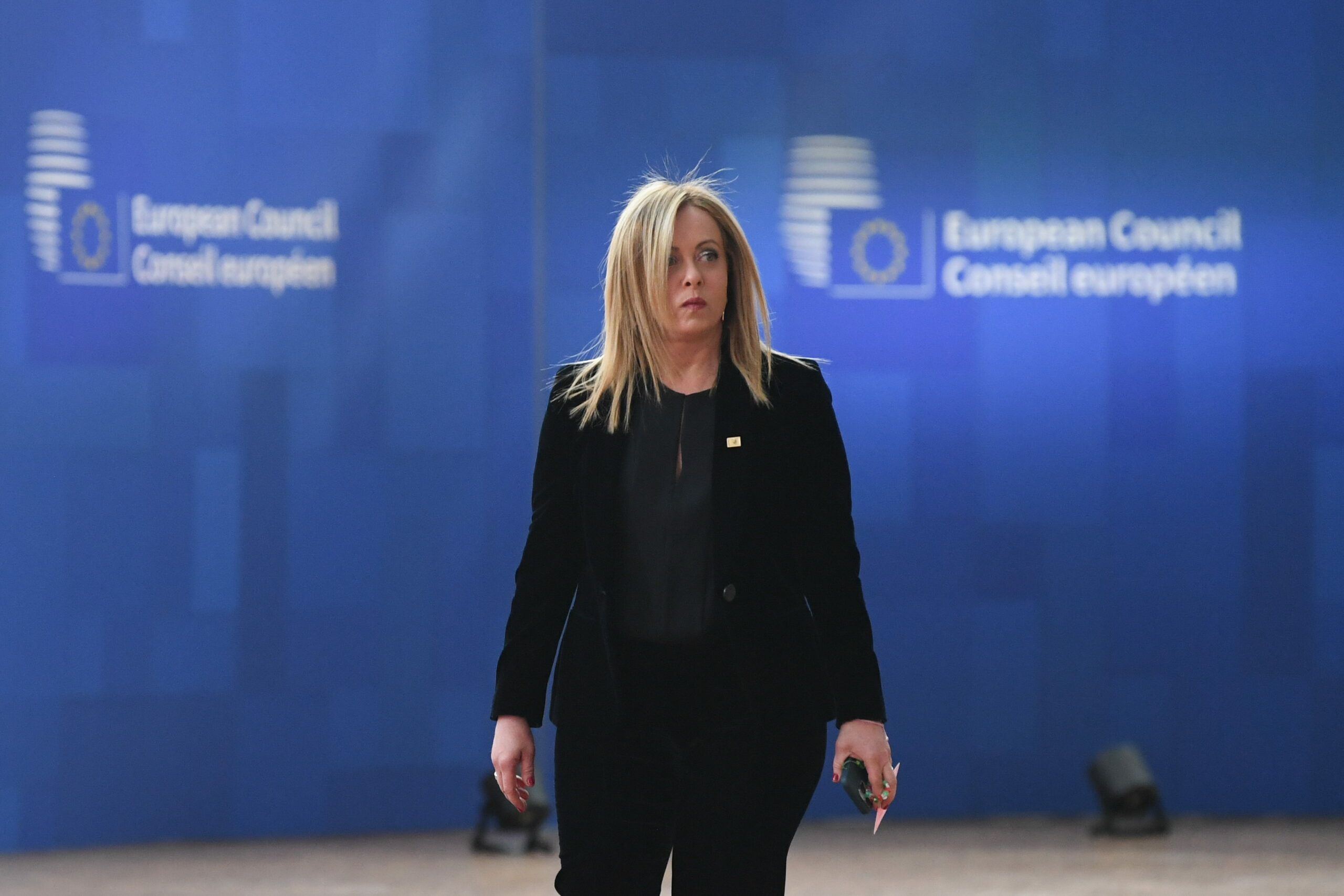Does Italy still have hope on biofuels?

The game on biofuels is not lost, assures Giorgia Meloni. But it is said that the European Commission will grant Italy the same treatment reserved for Germany with e-fuels
“No, the game on biofuels is not lost at all”, declared Prime Minister Giorgia Meloni today at the end of the European Council.
THE BAN ON ENDOTHERMIC ENGINES AND THE DEROGATION FOR E-FUEL
The "game" he is talking about is the one on the ban on the European sale of new vehicles with internal combustion engines from 2035, a decision which effectively excludes any alternative to electric mobility but which the Commission seems to be willing to review, at least in part. To convince Germany to adhere to the legislation – it is against it because it wants to protect its automotive industry from a transition it considers too abrupt – the Commission has proposed a derogation for e-fuels , "neutral" synthetic fuels from the point of view of emissions: they are produced in the laboratory using captured CO2 and green hydrogen (from renewable sources).
MELONI'S WORDS ON BIOFUEL
"The battle on technological neutrality has been won", added Meloni, "which is the condition for recognizing biofuels". Technological neutrality is the principle that invites all available technologies to be taken into consideration for decarbonisation, and not just a few: battery-powered electric vehicles, in the specific case of light mobility.
WHAT ITALY WANTS
The Italian government would like biofuels – produced from organic waste or crops such as corn, and usable in traditional engines – to be given the same treatment reserved for e-fuels: that is, they should be considered carbon neutral .
Basically, Italy and Germany would like a car's emissions not to be "measured" at the tailpipe, but that the entire life cycle of the technology that powers the vehicle be taken into consideration. If you look at the tailpipe, then the only "clean" technology is electric, because the burning of biofuels and e-fuels releases greenhouse gases; if, on the other hand, a broader measurement is adopted, e-fuels and biofuels are "neutral" because they compensate for the CO2 emitted with that captured to produce them (in the case of e-fuels) or with that saved (biofuels can be obtained from waste, not from new fossil resources).
ARE BIOFUELS CARBON NEUTRAL ?
Despite the reference to technological neutrality, it seems that the European Commission wants to keep the two fuels separate, granting the carbon neutral label only to e-fuels.
Biofuels are not all the same. The most critical ones in terms of sustainability are the traditional ones, which use agricultural crops and which therefore involve the consumption of water, soil and fertilizers. Advanced biofuels, on the other hand, are produced from agri-food waste and organic waste: in addition to not competing with food use, they use raw materials that have now reached the end of their life and therefore represent an example of a circular economy .
This is a machine translation from Italian language of a post published on Start Magazine at the URL https://www.startmag.it/energia/biocarburanti-giorgia-meloni-consiglio-europeo/ on Fri, 24 Mar 2023 15:13:14 +0000.
